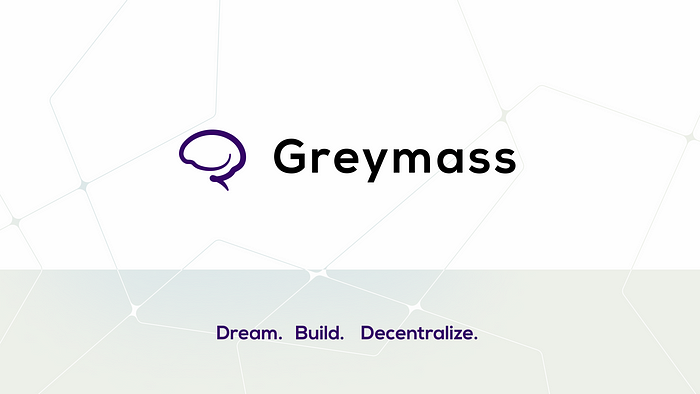
Hello, and welcome back to another Greymass progress update! In the past six weeks, we’ve been working hard on Pomelo grants past and future — wrapping up our last Pomelo grant in order to translate Greymass projects more efficiently, and creating a new Pomelo grant that will bring EVM access to Unicove. And for Anchor users, we’ve got access to two new blockchains coming your way!
But that’s not all… find out the latest updates below (and if you’re a developer who uses the EOSIO Core Library in any of your projects, you may want to skip down to the Antelope Library section first — we don’t want any applications breaking on our watch).
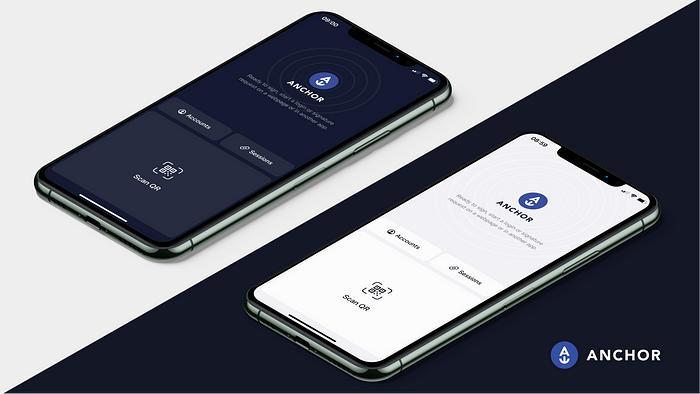
Anchor Updates
For Android
Anchor Android users can look forward to a new update within the coming weeks, with the biggest change being the addition of two new blockchains: Libre and the UX Network. So if you’ve been considering learning more about these chains or getting their tokens, now is a great time to do it — it’ll distract you from the wait for this next update. 😉 The newest version of the app will also include:
- Ability to define a local testnet — Developers looking to test Anchor Android with local testnets will soon be able to do so (this is similar to Anchor iOS’ development chain feature). Within the app settings, users will have the option to manually define the API and chain ID. After this setup, the app will then allow account imports against the configured testing environment.
- Bug fixes — If you’re currently having issues starting sessions with certain dApps, or you’re running into problems with Face ID phones (such as the Pixel 4), hang tight! The next Android release will get you all sorted out.
For iOS
Anchor iOS is also waiting in the wings for its own update moment, so keep an eye on the Apple App store! The newest version of the app will add support for signing requests that use the esr-anchor: scheme, in order for Anchor to be opened at the right times when a user has more than one wallet installed on their device. iOS users will also be getting access to the Libre and UX Network blockchains.

Unicove Updates
As EVMs gather steam among Antelope blockchains, Greymass has decided to focus on adding EVM bridge accessibility to Unicove in Pomelo Season 6 (pending grant approval). Starting with the EOS and Telos EVMs, the goal is for users to be able to log into MetaMask or another ETH wallet from within Unicove, and then use their Unicove wallet in concert with their ETH wallet to transfer EOS or TLOS tokens into and out of the EVM.
A major benefit of building this capability into Unicove is that, once we’ve worked out the kinks, it will be easy to repeat and deploy for other EVMs as other Antelope chains add their own bridges.
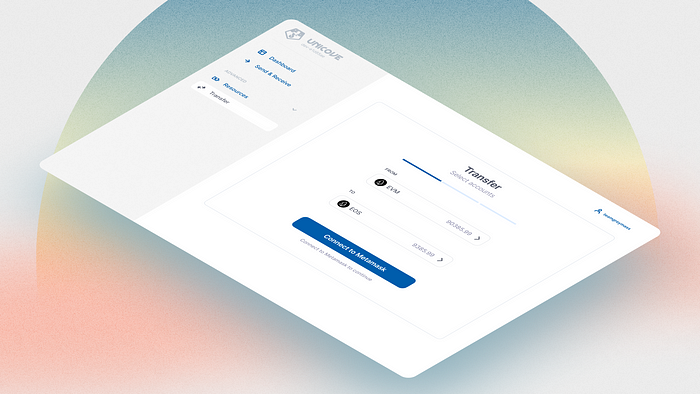
Like all other parts of Unicove, we are aiming for the EVM bridge to be intuitive and simple to use, so that users can easily interact with any dApps or other services built on the EVM in the future. We hope that this will encourage all users to make full use of the EVM by lowering the technical barrier to entry, and help the ecosystem to reap the benefits of the EVM’s creation.
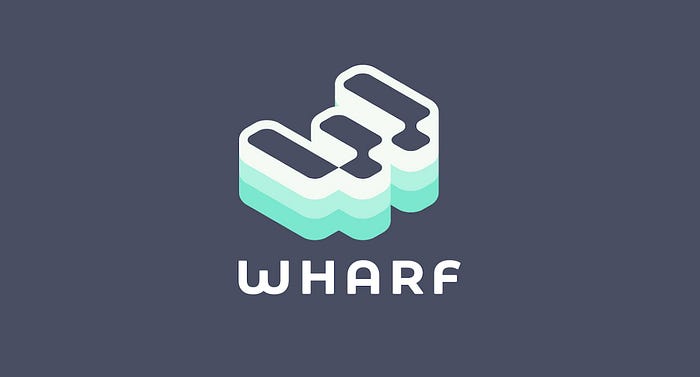
Wharf Updates
The Wharf SDKs are progressing nicely, and for regular updates on their progress, you can check out Wharfkit.com. Session Kit 0.5 was released recently, and offers multiple UI additions and improvements that developers will be able to use in their web applications. Additional documentation on the Session Kit will be coming soon, for developers who wish to experiment with it.
For a brief refresher, the Session Kit is designed to make signing transactions easier, and allows developers to either:
- Request that a user login to a web app with their preferred wallet, and establish a Session for transaction signing.
- Manually establish a Session in the web app’s code to sign transactions directly.
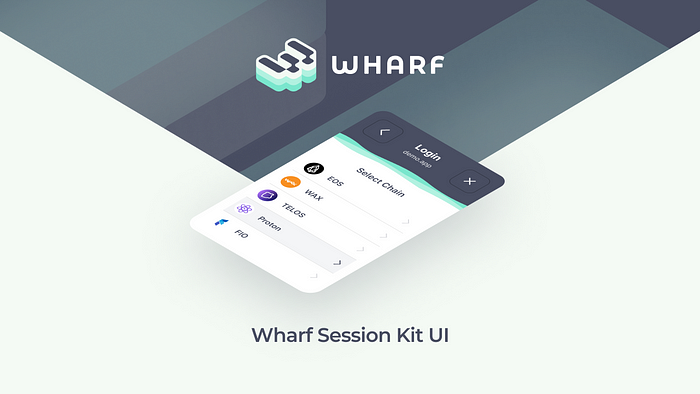
The team has also been working on the Contract Kit, which will give developers easy access to smart contract data and make it simple to create transactions. We’re currently exploring the best way to retrieve data from contracts, but the ultimate goal is to create an SDK that can:
- Interpret smart contract structures, retrieve natively typed data, and craft transactions based on the actions the contract defines.
- Perform code generation for any smart contract to optimize API call patterns and make the developer environment context-aware for autocompletion and type checking, and to reduce mistakes.
Progress has also been made on Wharfkit.com, which will soon have an updated design, messaging for developers who are considering using Wharf, and additional resource sections.
In Other News…
Antelope Library Updates
First, a bit of housekeeping: We recently moved the EOSIO Core Library from under the Greymass organization to become a part of Wharf. We also renamed the library from EOSIO to Antelope in order to better reflect the protocol’s brand change (this has been part of a larger project to replace EOSIO with Antelope across multiple Greymass projects). For developers, this change means the “@greymass/eosio” library has now become the “@wharfkit/antelope” library.
Of additional interest to developers, we’ve recently released Version 0.7.0 of the library, which includes a new data type called BlockId. This is a core type that is represented by the hash of a block header, which can also be used to derive the block number. Previously this library treated these values as Checksum256 types which wasn’t entirely correct.
It’s important to note that the 0.7.0 update makes changes to accommodate for this, some of which may break reverse compatibility if your application is strictly expecting certain types. For more details on these changes, please check the release notes in Github.
However, this should not be an issue for the majority of applications, because the BlockId implementation is very similar to the Checksum256 type. It should simply provide applications the ability to work with BlockId values more easily.
Greymass on Pomelo — Season 5 Wrap-up
Thank you to everyone who donated to Greymass’ grant application in Pomelo Season 5! This past season, we focused on creating a translation pipeline for all of our products and websites, in order to reach the wider non-English-speaking Antelope community.
As Pomelo Season 6 is almost upon us, we’re proud to announce that we’ve now met our goal of establishing this pipeline, and are currently testing it to create a Spanish version of Anchor. If you would be interested in helping us translate Anchor (or any other Greymass projects) into other languages, please let us know! All translation work will be compensated in cryptocurrency.
And that’s all for now, folks. Stay safe out there, and we’ll see you in the next progress update.
